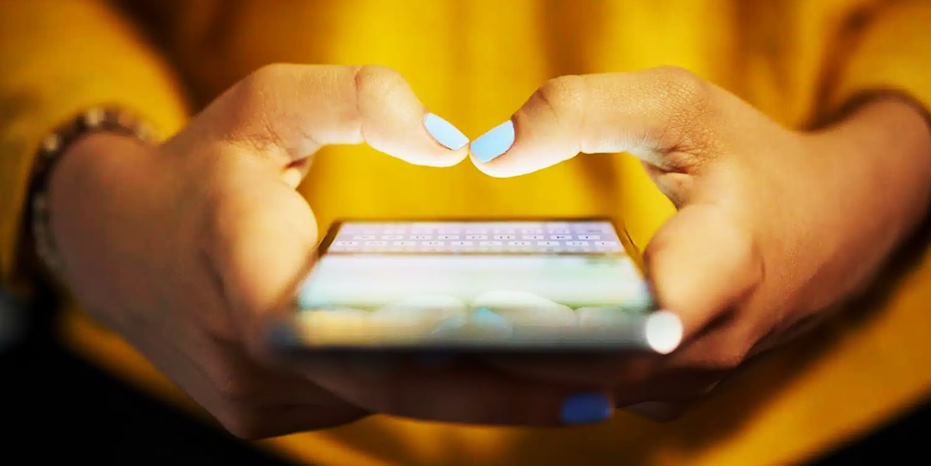Beauty standards wield a powerful influence in the intricate dance between society and individual well-being. This article embarks on an analysis of the profound impact societal beauty standards have on mental health. By delving into the realms of media portrayal, particularly through the lens of social media, we unravel the intricate threads that contribute to unrealistic beauty ideals and the potential negative effects of comparing oneself to these standards.
Media’s Brushstroke: Crafting Unrealistic Beauty Ideals
The Illusion of Perfection
Society, fueled by media narratives, often crafts an illusion of perfection. Magazines, advertisements, and social media platforms frequently showcase carefully curated images, reinforcing unrealistic beauty ideals. The flawless complexions and impeccably sculpted bodies portrayed can create an unattainable standard, setting the stage for feelings of inadequacy.
The Social Media Paradox
Social media, while a powerful tool for connection, can paradoxically foster feelings of isolation and discontent. The curated nature of online profiles tends to highlight the best aspects of individuals’ lives, including their appearance. Constant exposure to these idealized images can lead to the perception that everyone else is effortlessly meeting these beauty standards, intensifying the pressure to conform.

The Pitfalls of Comparison: A Detrimental Spiral
Self-Esteem Erosion
Constantly measuring oneself against societal beauty standards can erode self-esteem. The subconscious comparison to airbrushed images and edited photos often leads individuals to perceive their bodies and appearances as falling short. This erosion of self-esteem can contribute to feelings of inadequacy, anxiety, and even depression.
The Dangers of Social Comparison
Social comparison theory posits that individuals determine their social and personal worth based on how they stack up against others. In the context of beauty standards, this can lead to a detrimental spiral of negative thoughts and emotions. Comparing oneself to the perceived flawless images in the media can create a distorted self-image and intensify feelings of societal pressure.
Breaking the Chains: Nurturing Mental Well-Being
Media Literacy Empowerment
Empowering individuals with media literacy skills can provide a shield against the adverse effects of unrealistic beauty standards. Understanding the techniques used in photo editing and recognizing the curated nature of social media content can foster a more realistic perspective. Education becomes a potent tool in dismantling the illusion of perfection.
Embracing Diverse Beauty
Shifting societal norms to embrace diverse definitions of beauty is pivotal. Celebrating individuality and promoting a more inclusive representation in media can dilute the rigid standards that contribute to mental health struggles. Individuals are more likely to embrace their uniqueness when a spectrum of appearances is acknowledged and celebrated.

